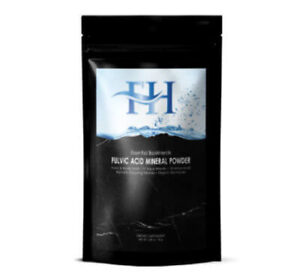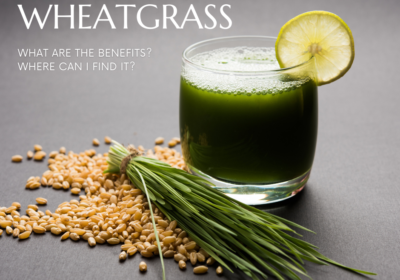If you have been to a local farmer’s market lately, you likely noticed a vendor or two selling sprouts. At first glance, one might wonder how these tiny plants could possibly pack so much nutrition. Coming from the seed of a vegetable, bean, grain, or legume, sprouts are produced when these seeds start germinating. When eating sprouts, you are consuming them at their peak point of nutrition. Compared to their mature counterparts, sprouts are believed to have a higher nutrient content.
Vitamins and Minerals
In the initial days of growth, a seed needs an abundance of nutrients, necessary for the sprout to grow into a full sized plant. These tiny sprouts that emerge are packed with important vitamins and minerals. Sprouts contain vitamins A, B, C and K. Calcium, iron, magnesium, and zinc make up the mineral content.
Enzymes
Sprouts are abundant in “living” enzymes and contain up to 100 times more enzymes than fruits and vegetables. Enzymes are critical for the body to work in an efficient way. They are the basis of every action in our body; our health is detrimentally affected if we are lacking proper enzymes. Enzymes aid the break down of food and help the digestive track absorb the nutrients. Insufficient enzymes slow metabolic functions and make nutrient absorption impossible. While metabolic enzymes regulate our body by helping it to properly use fats, proteins and carbohydrates, digestive enzymes then help to assimilate these. Enzymes play a crucial role in our health and consuming sprouts will help fill that role.
Protein
It may seem strange to look at a tiny sprout and imagine it contains a notable amount of protein, something usually associated with meat. Sprouting increases the protein availability when compared to their unsprouted counterpart. In addition, the carbohydrate content is reduced. Interestingly, the protein in the sprout is known to be one of the most easily digestible of all proteins.
Phytic Acid
Plant seeds contain a substance called phytic acid, which locks up minerals and inhibits digestive enzymes. It can also impair the absorption of minerals such as iron, zinc, and calcium. Sprouting causes phytate degradation, allowing minerals such as potassium and calcium to be released and become more abundant. Digestion is greatly assisted by sprouting.
Alkalinity
Our body thrives at an optimal pH level. Eating certain foods can be either a help or a hindrance. Until they are sprouted, plant seeds, grains, legumes and nuts are acidic. Because they are alkalizing, sprouts assist in regulating the pH levels in the body by reducing the level of acids. Excess acidity can contribute to many diseases.
Conclusion
Hopefully, this article was helpful to give you an insight into the benefits of tea tree oil. If you’re looking for a wholefood multivitamin containing a large number of sprouts, try the HB Naturals product Nourish, containing fourteen different types of sprouts.
For more information on Nourish click here: https://HBNaturals.com/4yourhealth
————————————————————————————–
Hi, my name is Cathy Hula. After a brush with cancer, I am passionate about health and wellness and love sharing it with others. I have aligned this passion with a company that is a perfect match and has given me the opportunity to fulfill my dream of being successful in network marketing: Heart and Body Naturals. Their products are manufactured in the USA with the exact combination of HIGH QUALITY, POTENT & PURE raw plant ingredients for maximum effectiveness and absorption. If you are interested in building your health AND wealth, HB Naturals is the company for you! For more information on the business opportunity click here: https://hbteambuilder.com/cathyhula/




